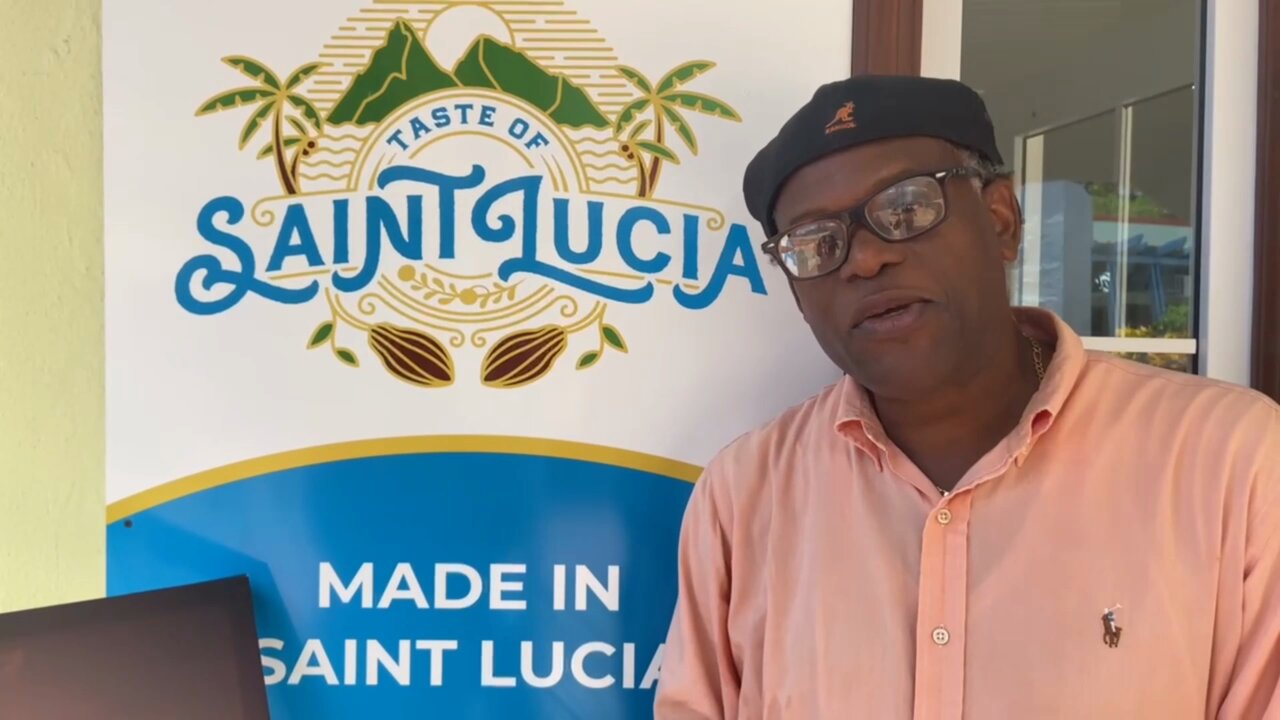
SLHTA Engages in National Competitiveness Agenda Stakeholder Meeting
The Saint Lucia Hospitality & Tourism Association (SLHTA) was recently represented at a National Competitiveness & Productivity Council (NCPC) led stakeholder meeting on the island’s National Competitiveness Agenda (NCA) and Science, Technology, and Innovation (STI) Policy 2019 – 2030.
Policy Goal
By 2030, Saint Lucia aims to build a vibrant, technology-enabled, knowledge-driven economy that delivers strong growth, reduced unemployment, and an improved quality of life. Successful execution will position the island as a regional leader in sustainable tourism, agro-industry, digital services, and creative industries, exporting premium products under the “Taste of Saint Lucia” brand.
Strategic Pillars
- Innovation in Traditional Sectors
- Diversify tourism into eco, cultural, wellness, and adventure experiences
- Modernize agriculture through smart crops, agro-processing, and stronger tourism linkages
- Strengthen manufacturing, craft, and branding under the “Taste of Saint Lucia” identity
- Entrepreneurship & The Digital Economy
- Establish incubators/accelerators and support ICT start-ups
- Expand e-commerce, fintech, and app development
- Facilitate venture capital and export of Saint Lucian technologies
- Human Capital Development
- Align education with business needs through vocational, dual training, and post-graduate programs
- Build innovation management and entrepreneurship skills
- Expand training for women and youth to close unemployment gaps
- Research, Technology & Knowledge
- Launch a Knowledge Transfer Network linking global research to local firms
- Create a Services Centre for Agriculture and New Crops
- Develop early-warning systems for climate threats and a Health & Wellness Centre
Priority Flagship Projects
Stakeholders are streamlining fourteen broad proposals into three flagship areas (consultations ongoing):
- Innovation Vouchers Programme – SMEs gain access to expertise and technologies
- Knowledge Transfer Network – connect local businesses with international research
- High-Value Agri Centre – diversify crops and expand high-value exports
Governance & Execution
- Lead Agency: National Competitiveness & Productivity Council (NCPC)
- Structure: Strategic Direction Board (policy), Management Team (execution), Expert Group (advisory)
- Approach: Smart specialization, strong public/private partnerships (PPP), and international financing support
Note: It is important to note that governance design is seen as the most critical success factor.
Challenges
- High unemployment (20%+), especially among youth and women
- Weak innovation culture and low R&D investment
- Climate vulnerability and reliance on all-inclusive tourism
- Slower growth than peers such as Antigua & Barbuda
Opportunities
- ICT, renewable energy, and creative industries as new growth drivers
- Niche tourism and agro-export expansion
- The “Taste of Saint Lucia” brand as an export identity booster
- Sustainable FDI in eco-tourism, yacht services, and the digital economy
Takeaway
The Competitiveness Agenda is a blueprint for S.M.A.R.T., inclusive, and sustainable growth. By targeting diversification, digital transformation, and human capital development, Saint Lucia is positioning itself to be a Caribbean leader in competitiveness by 2030.
This Stakeholder Engagement Overview was prepared by:
Kirk Elliott
SLHTA Director at Large
Representing Banks, Professionals, Educational/Training Institutions & Other Allied Members
Recent Posts
Happy 47th Anniversary of Independence!
Tags




